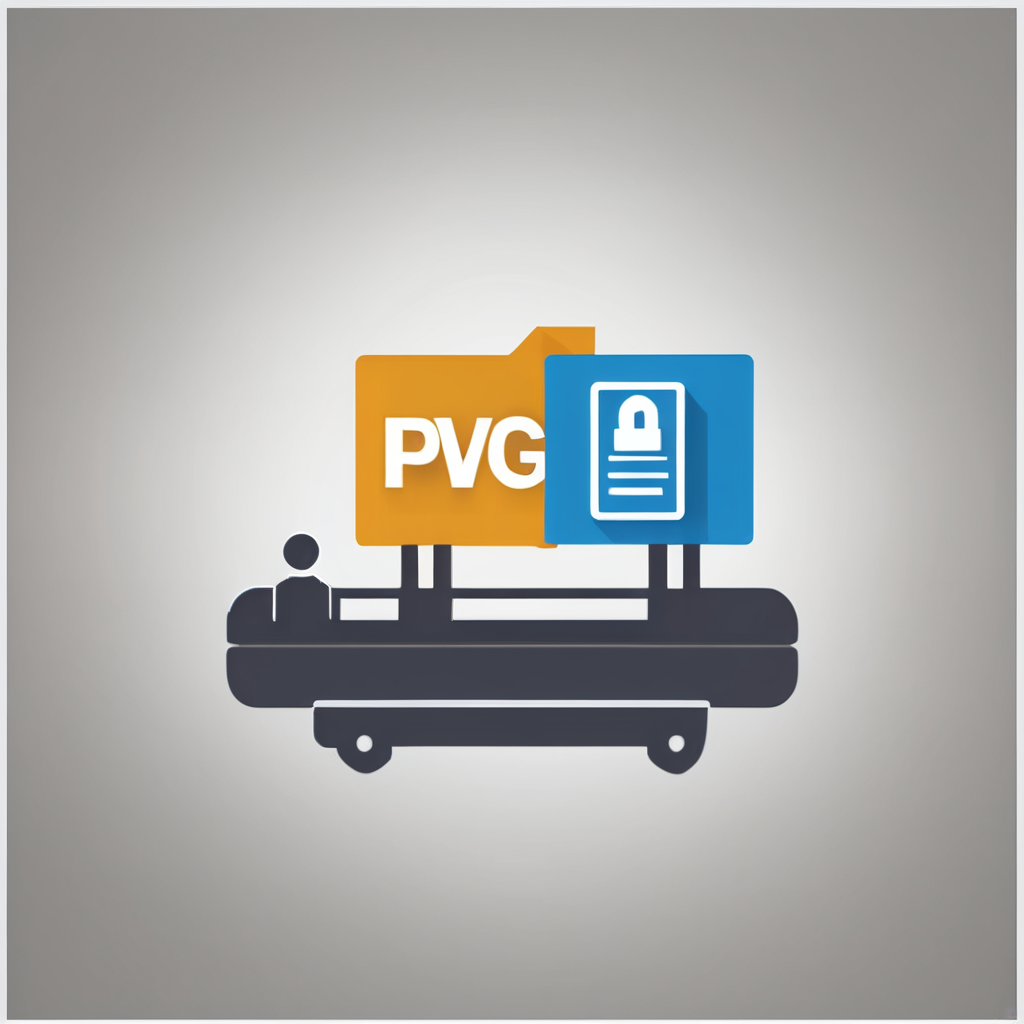Overview of Emerging Legal Challenges for Businesses
Navigating legal challenges for businesses is increasingly complex as regulatory landscapes evolve rapidly. Companies face upcoming legal risks from stricter data privacy laws, environmental regulations, and intensified labor compliance standards. Staying ahead requires a proactive approach to business compliance, integrating new requirements into operational frameworks without disrupting workflows.
Industries such as technology, healthcare, and finance are particularly vulnerable to regulatory shifts. For example, enhanced data protection laws demand robust cybersecurity protocols, while environmental regulations may impose strict reporting and sustainability mandates. Failure to adapt exposes businesses to penalties, litigation, and reputational harm.
Also to read : Navigating uk business laws: essential legal frameworks every entrepreneur should know
The dynamic nature of legislation means businesses must monitor emerging policies continually. New laws often redefine compliance boundaries, impacting contract management, intellectual property rights, and cross-border transactions. With shifting global standards, companies operating internationally should prioritize agile compliance strategies to mitigate risks efficiently.
Building internal legal expertise and leveraging technology-driven compliance tools can help address these challenges. Emphasizing transparency and ethical practices also strengthens resilience against evolving legal demands, enabling businesses to thrive while maintaining regulatory adherence.
Also read : Mastering uk employment law: a guide for businesses to navigate recent changes
Legal Self-Assessment: Is Your Business Prepared?
Completing a thorough legal risk assessment is crucial for every business aiming to minimize liability and enhance compliance. Begin with a comprehensive business legal checklist that covers contracts, regulatory obligations, intellectual property rights, and employment practices. This checklist serves as your roadmap for a holistic compliance review.
Start by reviewing core documents and processes to ensure they meet current legal standards. Identify areas where contracts may lack necessary clauses or policies are outdated. Pay close attention to licensing, data protection laws, and workplace safety requirements. The goal is to detect any legal gaps before they become costly problems.
Once potential vulnerabilities surface, prioritize them based on risk severity and likelihood. This targeted approach lets you address the most critical issues first, streamlining your risk mitigation efforts. Remember, a well-executed business legal checklist empowers you to make informed decisions about policy updates or seeking professional legal advice. Regular self-assessment keeps your business agile and compliant in a constantly evolving regulatory landscape.
Actionable Strategies to Strengthen Legal Preparedness
Enhancing your legal strategy begins with conducting regular legal audits. These audits help identify potential gaps in compliance and legal risk management. By systematically reviewing contracts, policies, and regulatory adherence, organizations can pinpoint vulnerabilities before they escalate into costly issues.
Optimizing internal policies and providing targeted training for staff are crucial steps. Well-crafted policies tailored to your industry, combined with ongoing education, ensure employees understand their roles in maintaining compliance. This proactive approach reduces the likelihood of non-compliance and fosters a culture of accountability.
Integrating legal technology solutions offers significant advantages for compliance optimization. Tools such as automated contract management systems and compliance tracking platforms streamline legal workflows. They reduce manual errors and provide real-time monitoring, enabling swift responses to regulatory changes. For businesses seeking to future-proof their legal risk management, these strategies combined create a robust, responsive framework that minimizes exposure and maximizes operational confidence.
When and How to Seek Professional Legal Support
Recognizing when you need professional legal services is crucial. Complex matters such as contract disputes, criminal charges, or estate planning clearly call for legal consultation. However, even less obvious situations—like unclear rights in a rental agreement or employment conflicts—may benefit from expert guidance. Early legal advice can prevent costly mistakes.
Choosing legal support demands careful consideration. Seek advisors who specialize in your issue, and verify their credentials and experience. Personal rapport and communication style also matter; you want an attorney who listens and explains clearly. Reviews and recommendations can aid in narrowing candidates.
To maximise the value of professional legal services, maintain open and honest communication. Provide all relevant documents and facts upfront. Regular updates and follow-ups help ensure your legal partner understands new developments or concerns. A proactive legal consultation approach often translates into better outcomes and reduced risks.
Engaging with legal counsel shouldn’t be reactive. Instead, view it as a strategic partnership, allowing you to navigate challenges confidently and protect your interests effectively.








